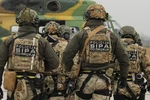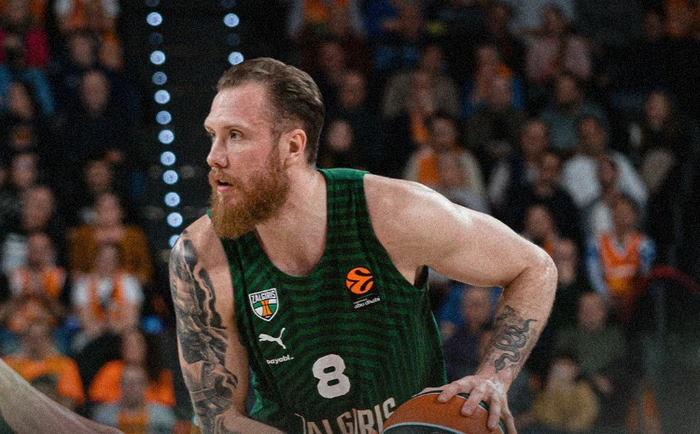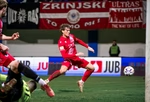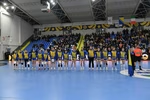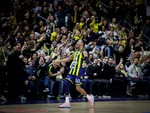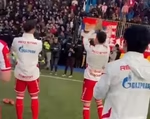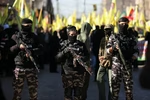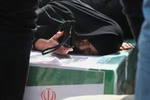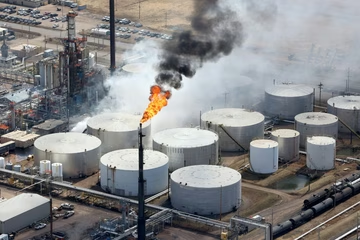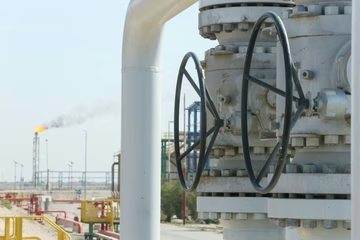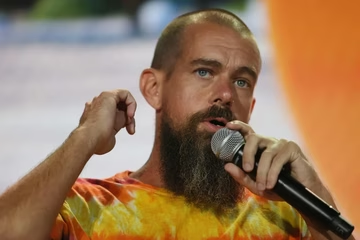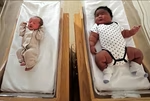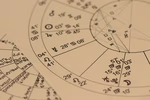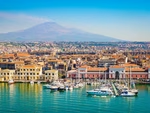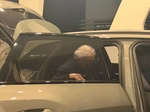What happened in Ahmici on April 16, 1993

Whenever Husejn Ahmic hears a sound similar to gunshots, he closes his eyes and remembers the morning of April 16th, 1993, when he lost nine family members in the massacre in the village of Ahmici.
Oglas
Ahmic is one of the survivors of the ethnic cleansing operation conducted by Bosnian Croat forces in central Bosnia.
“I lost my father and my mother. They were old and weak,” Ahmic said.
“There is nobody here who has only lost one, everyone lost several family members,” he said, adding that for people from the area, the Ahmici massacre is their own Srebrenica.
The Srebrenica genocide has become a symbol of suffering in Bosnia and Herzegovina.
“The attack on that morning came from five sides at the same time, as the morning ezan (Muslim call for prayer) ended. It was difficult to hide. They went on, killing everybody in their sight,” Ahmic explained.
Hazrudin Bilic was on his way to the mosque when Bosnian Croat forces attacked the village. He was living with his four-year-old son and his wife who was seven months pregnant.
He said he saw his neighbour pulling his brother who was shot in the leg, and Bilic helped him.
“The members of the Croat Defence Council (HVO) were some 30 metres away from us,” he said.
“That is how that day went on (...) You pull out the civilians, transport them to the central part of the village (...) There was no resistance from us, no reason to believe we were some legitimate target. No military units were located here, it was simply just civilians,” he explained.
Nedzad Abdic, who was 12 years old at the time, watched as the bodies were being buried in the old part of Vitez 11 days after the massacre.
“I watched from the bed of a stream, near the Shaheed (martyrs) graveyard. And I just watched (...) Those were my neighbours, 18-year-olds, 19-year-olds. They were pulling the bodies, covered in nylon bags, out of the freezers. I remember the blood flowing from those bags. I remember, it is indescribable, but I’ll say it - the smell of death. I cannot say that it was a stench, in front of these shaheeds,” he said.
Forces of the Croat Defense Council (HVO) killed 116 Bosniaks that day. Among them were 32 women and 11 children.
The families of the victims are still searching for 29 bodies of their loved ones.
Kakvo je tvoje mišljenje o ovome?
Učestvuj u diskusiji ili pročitaj komentare
Oglas
Kakvo je tvoje mišljenje o ovome?
Učestvuj u diskusiji ili pročitaj komentare
Oglas
NAJČITANIJE
Oglas
Oglas
Najnovije
Oglas
Oglas





 Srbija
Srbija
 Hrvatska
Hrvatska
 Slovenija
Slovenija















